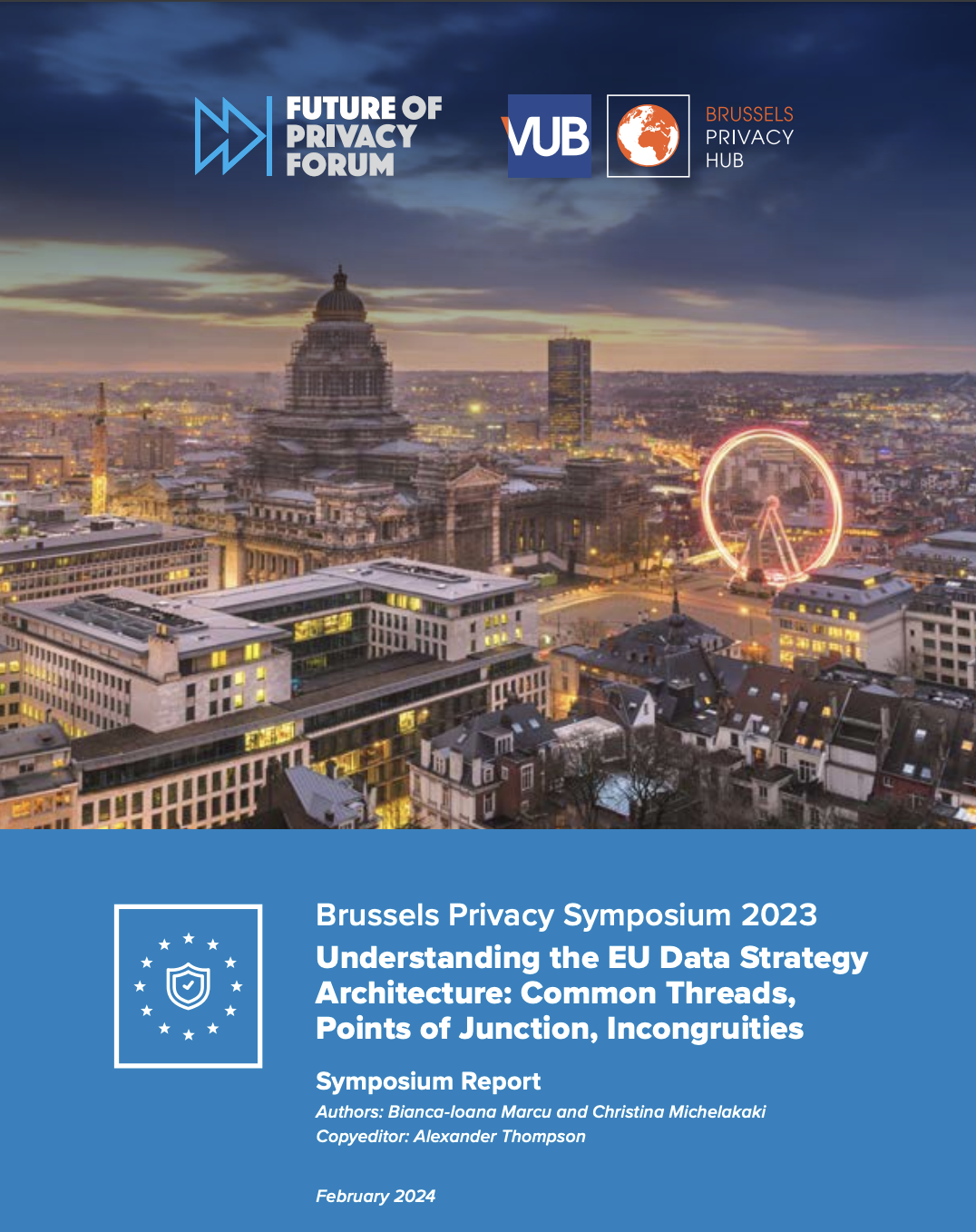
FPF Resources on the EU AI Act
The EU AI Act is expected to play a crucial role in global development of AI Governance frameworks. We are compiling on this page a continuously updated list of FPF Resources dedicated to the EU AI Act, as well as to its relationship to the EU GDPR and other privacy and data protection law. Last […]

FPF Files COPPA Comments with the Federal Trade Commission
Today, the Future of Privacy Forum (FPF) filed comments with the Federal Trade Commission (Commission) in response to its request for comment on the Children’s Online Privacy Protection Act (COPPA) proposed rule. Read our comments in full. As technology evolves, so must the regulations designed to protect children online, and FPF commends the Commission’s efforts […]

Little New About Hampshire
On March 6, 2024, Governor Sununu signed SB 255 into law, making New Hampshire the fourteenth U.S. State to adopt a comprehensive privacy law to govern the collection, use, and transfer of personal data. SB 255 is the second comprehensive privacy law enacted in 2024, the first having been New Jersey’s S332, which was also […]

Event Recap: FPF X nasscom Webinar Series – Breaking Down Consent Requirements under India’s DPDPA
Following the enactment of India’s Digital Personal Data Protection Act 2023 (DPDPA), the Future of Privacy Forum (FPF) and nasscom (National Association of Software and Service Companies), India’s largest industry association for the information technology sector, co-hosted a 2-part webinar series focused on the consent-centric regime under the DPDP Act. Spread across two days (November […]

FPF Awarded NSF and DOE Grants to Advance White House Executive Order on Artificial Intelligence
The Future of Privacy Forum (FPF) has been awarded grants by the National Science Foundation (NSF) and the Department of Energy (DOE) to support FPF’s establishment of a Research Coordination Network (RCN) for Privacy-Preserving Data and Analytics. FPF’s work will support the development and deployment of Privacy Enhancing Technologies (PETs) for socially beneficial data sharing […]

RECs Report: Towards a Continental Approach to Data Protection in Africa
On July 28, 2022, the African Union (AU) released its long-awaited African Union Data Policy Framework (DPF), which strives to advance the use of data for development and innovation, while safeguarding the interests of African countries. The DPF’s vision is to unlock the potential of data for the benefit of Africans, to “improve people’s lives, […]

Brussels Privacy Symposium 2023 Report
The seventh edition of the Brussels Privacy Symposium, jointly co-organized by the Future of Privacy Forum and the Brussels Privacy Hub, took place at the U-Residence of the Vrije Universiteit Brussel campus on November 14, 2023. The Symposium presented a key opportunity for a global, interdisciplinary convening to discuss one of the most important topics […]

Colorado’s Approval of Global Privacy Control: Implications for Advertisers and Publishers
The privacy laws of both Colorado and California require organizations to recognize Universal Opt-Out Mechanisms (UOOMs), a tool through which a person can invoke their opt out rights broadly across all the websites they visit. While California has required responding to certain UOOMs since July 2021, the Colorado Attorney General has only recently approved their […]

FPF’S 15th Anniversary Spring Social
Mark your calendars for FPF’s 15th Anniversary Spring Social on Tuesday, April 2, 2024, from 7:00 PM – 9:00 PM ET. Join us for an evening of celebration and connection at one of the most stunning rooftop venues in the heart of Washington D.C. As we reflect on our journey over the past 15 years, we want to take this time […]

The Garden State Joins the Comprehensive Privacy Grove
On January 16, 2024, Governor Murphy signed S332 into law, making New Jersey the thirteenth U.S. State to adopt a comprehensive privacy law to govern the collection, use, and transfer of personal data. S332 endured a long and circuitous route to enactment, having been introduced in January 2022 and amended six times before being passed […]
